By N. Sathiya Moorthy
After talks with Indian Prime Minister Narendra Modi during his maiden overseas visit as President, Sri Lanka’s Anura Kumara Dissanayake spoke about his assurance to the “Indian leader that Sri Lanka will not permit its territory to be used in any manner inimical to the security of India as well as towards regional stability”.
Sri Lanka lifting its year-long ban on “foreign research vessels” (which India and many other nations in the world consider “spy ships”), working in Sri Lankan waters and berthing at Sri Lankan ports is seen as a matter of grave concern.
In his post-summit news conference, Indian Foreign Secretary Vikram Misri said: “About the issue related to the berthing of research vessels, etc., our understanding is that the Sri Lankan Government is looking at this issue. There are several considerations that they need to consider…We pointed to the importance and the sensitivity of our security interests in this area. President Dissanayake was very upfront in saying that he would ensure that nothing was done by using Sri Lankan territory that might impact India’s security. So, we will continue to engage with the Government of Sri Lanka on all these issues, and we are confident that issues of importance such as these will continue to be given due care by the Government of Sri Lanka”.
President Dissanayake was very upfront in saying that he would ensure that nothing was done by using Sri Lankan territory that might impact India’s security.
The issue assumes urgency now as the one-year moratorium on “foreign research vessels”, imposed by the predecessor Ranil Wickremesinghe regime in Sri Lanka, is concluding by the end of this year. The question was whether the new dispensation under President Dissanayake would extend the moratorium indefinitely, revoke it, or lay down conditions for permitting them to berth in Sri Lankan ports without undertaking their research work. Needless to say, the Wickremesinghe government’s decision was based on express reservations from India and also the United States (US) after Chinese research vessels started wading through Sri Lanka’s southern waters not far away from the American military base in Diego Garcia.
Case-by-case decision
President Dissanayake has confirmed plans for him to visit China in mid-January 2025. It is significant to note that, like his predecessors, Dissanayake also chose India for his maiden visit as President. In this context, Indian analysts should recognise that Sri Lanka is a sovereign state and that the new JVP (Janatha Vimukthi Peramuna) government will be under as much domestic pressure as its predecessors in matters concerning collective and competing neighbourhood concerns. The party has succeeded in leaving behind part-perceptions of its ‘anti-India’ hang-up from its militant inception in the mid-sixties, but it has also not been as pro-China as its ideological Marxist leanings might suggest.
In his weekly news briefing following Dissanayake’s Delhi visit, Cabinet spokesman Nalinda Jayatissa said that the government would grant permission to foreign research vessels on a “case by case” basis. However, Colombo had no issues with the likes of the PLA-N medical ship Peace Ark arriving in Sri Lankan waters. In context, Jayatissa said that Sri Lanka would deal with India and China in a “diplomatic manner” but did not elaborate.
The party has succeeded in leaving behind part-perceptions of its ‘anti-India’ hang-up from its militant inception in the mid-sixties, but it has also not been as pro-China as its ideological Marxist leanings might suggest.
On the same day as Jayatissa was laying out his government’s approach to permitting foreign research vessels, Qin Boyong, Vice-Chairperson of the National Committee of the Chinese People’s Political Consultative Conference (CPPCC) said in a meeting with President Dissanayake that Beijing was keen to restart its research activities in Sri Lankan waters. According to a statement from the Sri Lankan President’s Media Division (PMD) after their meeting, “Ms. Qin Boyong stated that there are plans to restart maritime research activities, which were temporarily halted for various reasons, along with initiating relevant projects.”
For his part, the President highlighted the importance of completing the unfinished sections of the Central Expressway under Chinese management and expressed hopes to expedite the commencement of supply hubs and institutional projects centred on the China-funded Colombo Port City (CPC) international banking centre and Hambantota district. If Dissanayake was seeking to set his government’s prioritised expectations from China, the PMD statement did not mention it.
Standard operating procedure
As if to put at least a temporary end to speculation in this matter, Foreign Minister Vijitha Herath, who had accompanied Dissanayake to Delhi and is expected to also do so during his China visit, has since announced a special committee that will “oversee this framework and decide on the approval of research and other international ships arriving in Sri Lanka”. Two days after the announcement of the Cabinet decision, Minister Herath, on 20 December, clarified that at the end of the year-long moratorium, a “new Standard Operating Procedure (SOP) will come into force”. It is to be noted that, like the moratorium, even the SOP was finalised by the predecessor government and found occasional mentions in official statements (without details) since then.
Sri Lanka has assured India that it will not offer any land or territory detrimental to India or the Indian Ocean region.
According to Sri Lankan media reports, Minister Herath also mentioned that ‘India’s main concern is to safeguard its territorial integrity and protect regional security. In this context, Sri Lanka has assured India that it will not offer any land or territory detrimental to India or the Indian Ocean region. The new Standard Operating Procedure (SOP) will take care of it”.
Overall, Minister Herath emphasised that maritime security and territorial integrity are key priorities, and Sri Lanka’s stance was clear: “We won’t allow anything that hinders the national security of Sri Lanka”. It is unclear if it was a notice to China, India or both—that Colombo alone would decide its priorities in security-related matters.
Repeated visits
India’s concern over Chinese research-cum-spy vessels calling at ports closer to the nation became apparent after those including Yuan Wang 6, Yuan Wang 5, Shi Yan 6, Xiang Yang Hong 03 and Xiang Yang Hong 01 were believed to be monitoring Indian defence and security activities closely, at times from Sri Lankan waters. In February 2023, a Chinese research/spy ship berthed at the Malé Port, possibly because the Sri Lankan moratorium was announced after it had set out on its voyage, raising the already high-temperature vis a vis the government of President Mohamed Muizzu in Maldives.
The ship made Malé a base, as it returned after a month’s travel across the Indian Ocean. That was the last of the recent visits by these ships. Whether it had anything to do with the Chinese moratorium or if Maldives will be approached for further berthing remains to be seen. In between, there were reports of the Indonesian Coast Guard stopping the Maldives-bound vessel when it passed by after switching off its traceable signals.
The question now is if Sri Lanka will give Chinese research vessels wholesale clearance if and when sought or if it will lay down conditions like the non-performance of so-called research work while in Sri Lankan waters and ports.
Responding to Indian concerns and, at the same time, part-fulfilling the undeclared commitments of the discredited President Gotabaya Rajapaksa to China, the Ranil dispensation allowed one of the Chinese vessels to berth in Colombo Port only after switching off its research equipment and keeping its signals working—thus confining the vessel to the rotation of personnel and restocking, as put out earlier.
The question now is if Sri Lanka will give Chinese research vessels wholesale clearance if and when sought or if it will lay down conditions like the non-performance of so-called research work while in Sri Lankan waters and ports.
Amid the year-long moratorium, Sri Lanka did allow a German research vessel to berth and replenish its stocks. When reportedly quizzed by the Chinese Embassy in Colombo, the host government laid out the difference that this was only for re-stocking and not for undertaking any research work in Sri Lankan waters. Whether this be the ‘new norm’ under the SOP if the moratorium is lifted on 1 January, as broadly indicated by official spokespersons, remains to be seen. During the moratorium controversy, Japan had also offered a maritime research vessel to Sri Lanka. At the time, President Wickremesinghe said that they would utilise the year-long moratorium for capacity-building and training—but overall progress in the matter is not known.
In the same way, Misri’s reference to ‘other considerations’ that could influence Colombo’s decision in the matter is substantial. The coming days and weeks will thus be keenly watched with regards to Chinese research vessels, as this is seen as an extension of the new government’s foreign and security policy, with a dependable neighbour like India on one side and China, the single largest creditor, on the other. It is a litmus test for the new government in Colombo, and it is the kind of balancing act that could make or mar its standing in the short, medium, and long terms.
*The author is a Chennai-based Policy Analyst & Political Commentator.
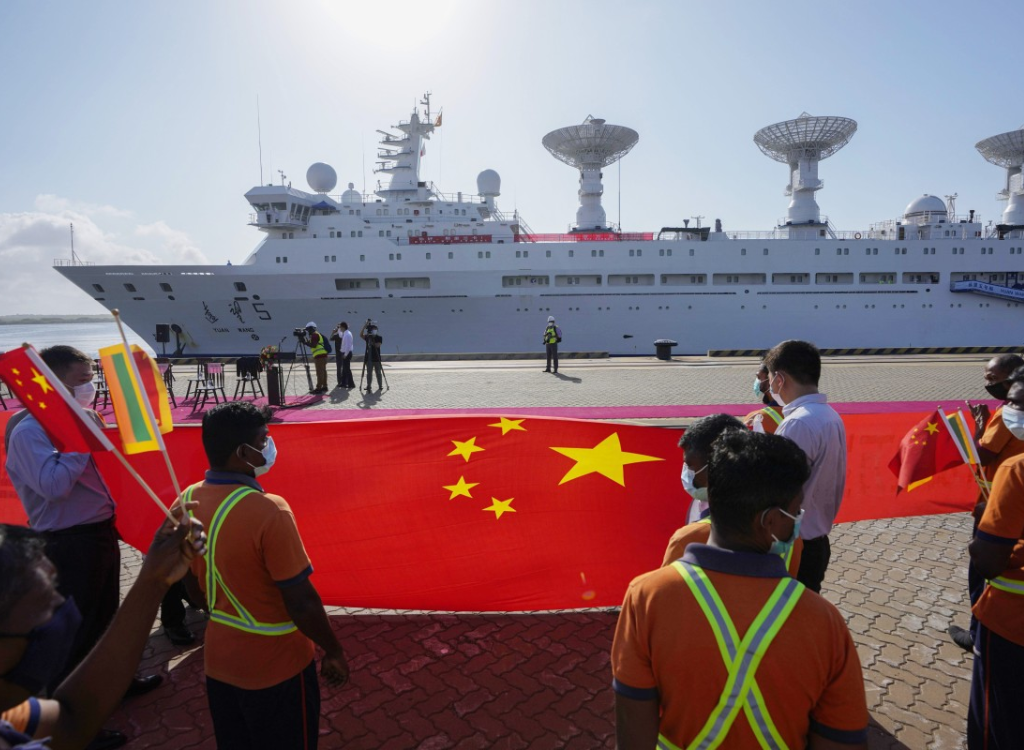
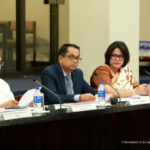

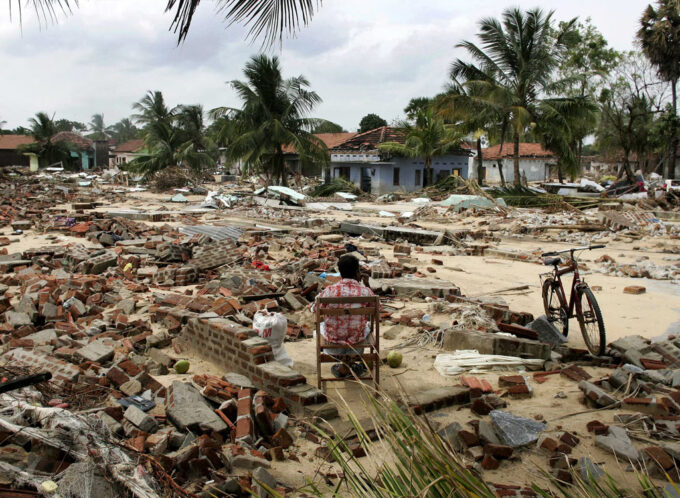
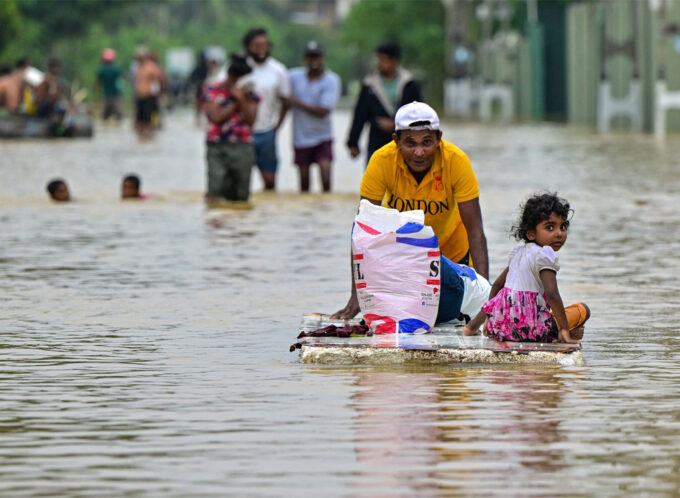
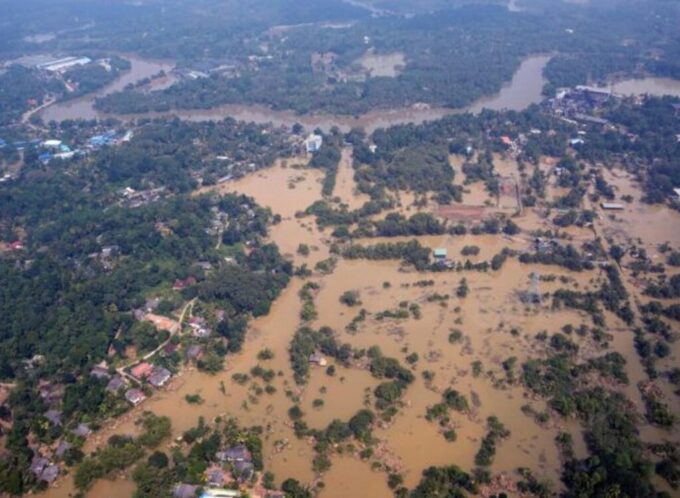
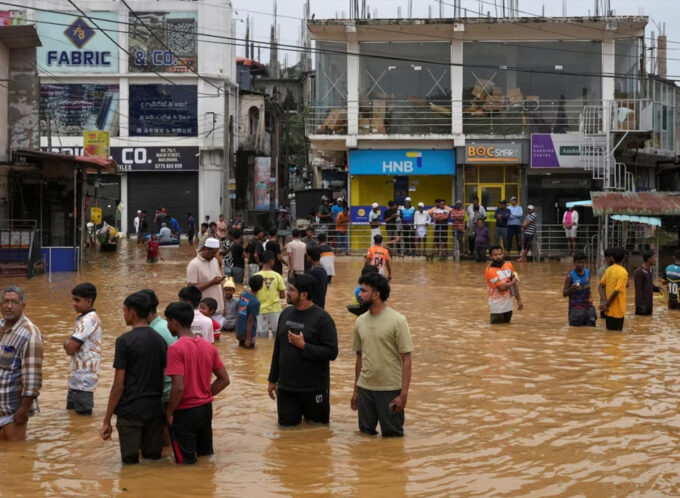

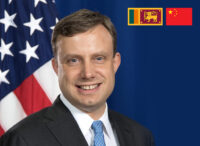

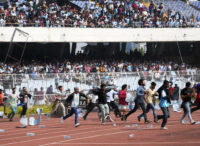
Leave a comment